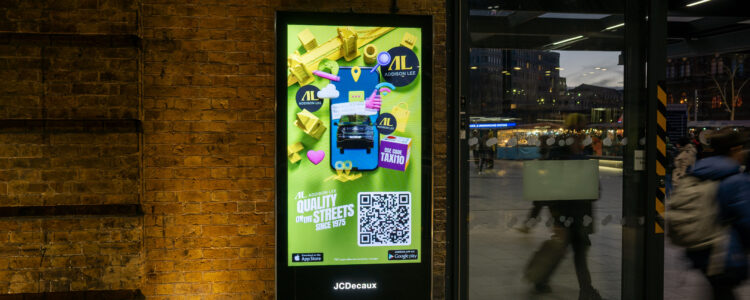In the dynamic world of corporate transport, travel managers must use many tools to control their businesses’ transport. These tools …
Prism is Addison Lee’s cutting-edge ground Travel Management Software. It’s designed to give you all the control you need to …
Finding a ground travel company for your business can be challenging in today’s complex travel landscape. With numerous factors to …
EV charging platform brings simple charging to over 2,000 private hire vehicles in London The deal will unlock access to …
Ramadan, a revered period of reflection, community, and devotion, holds a special place in Muslim culture. Observed by millions worldwide, …
Another stellar year sees London’s largest premium private hire, black taxi and courier provider achieve an Adjusted EBITDA of £27.4 …
I’ve always wanted this blog to serve as a window into Addison Lee, offering a glimpse into our commitment to …
Addison Lee, London’s largest private hire and taxi firm, has today announced a new partnership with the WizAnn Knowledge School …
Policy breaking is a challenge that transport managers will have been confronted by—and undoubtedly one that has required considerable problem-solving. …









